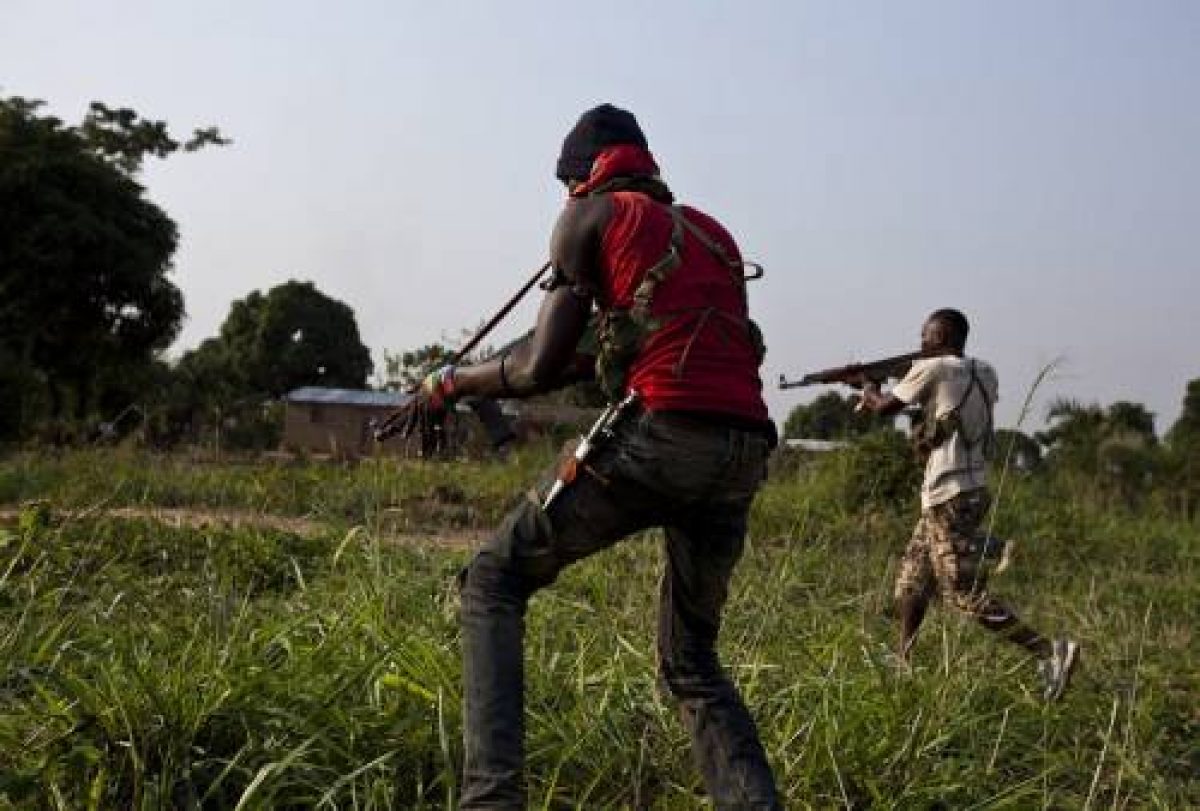The Zamfara State government has revealed that bandits have killed over 2,619 people and kidnapped 1,190 persons in several operations in the state.
Zamfara State Commissioner for Information, Ibrahim Dosara, at a media briefing in Kaduna State on Friday, disclosed that the killings occurred between 2011 and 2019 in the state. He affirmed that the bandits kidnapped 1,190 people from various parts of Zamfara State in the past eight years.
The commissioner further disclosed that over 100,000 people were displaced from their ancestral homes by bandits, adding that 14,378 livestock were rustled within the period.
Dosara stated that Zamfara State government has spent the sum of N970 million on payment of ransom to bandits since 2011 to secure the release of kidnapped victims.
The commissioner decried that there were over 100 different camps and over 30,000 bandits operating in Zamfara State and its environs.
The commissioner assured that the amnesty programme for bandits implemented by the state government would continue in order to secure the people.
Dosara lamented that Zamfara lacks enough security forces from the Federal Government to secure the lives and properties of the people.
He, however, noted that attacks by bandits in Zamfara State have reduced drastically since the emergence of the Bello Matawalle administration in 2019.
Dosara stated that the government has put practicable measures in place, such as the peace and reconciliation process and the amnesty programme, to tackle the security challenges in the state.
He said that through dialogue and peace process of the government, over 62 bandits have surrendered their arms – a development that has led to the release of over 2,000 kidnapped victims with the help of repentant bandits.
Giving a background of the genesis of rural banditry in Zamfara, Dosara said it started with a conflict between the Fulani and Hausa communities in the state.


 Business6 days ago
Business6 days ago
 Inspirational6 days ago
Inspirational6 days ago
 Politics6 days ago
Politics6 days ago
 Featured6 days ago
Featured6 days ago
 Business6 days ago
Business6 days ago
 Business7 days ago
Business7 days ago
 Latest5 days ago
Latest5 days ago
 Education6 days ago
Education6 days ago



